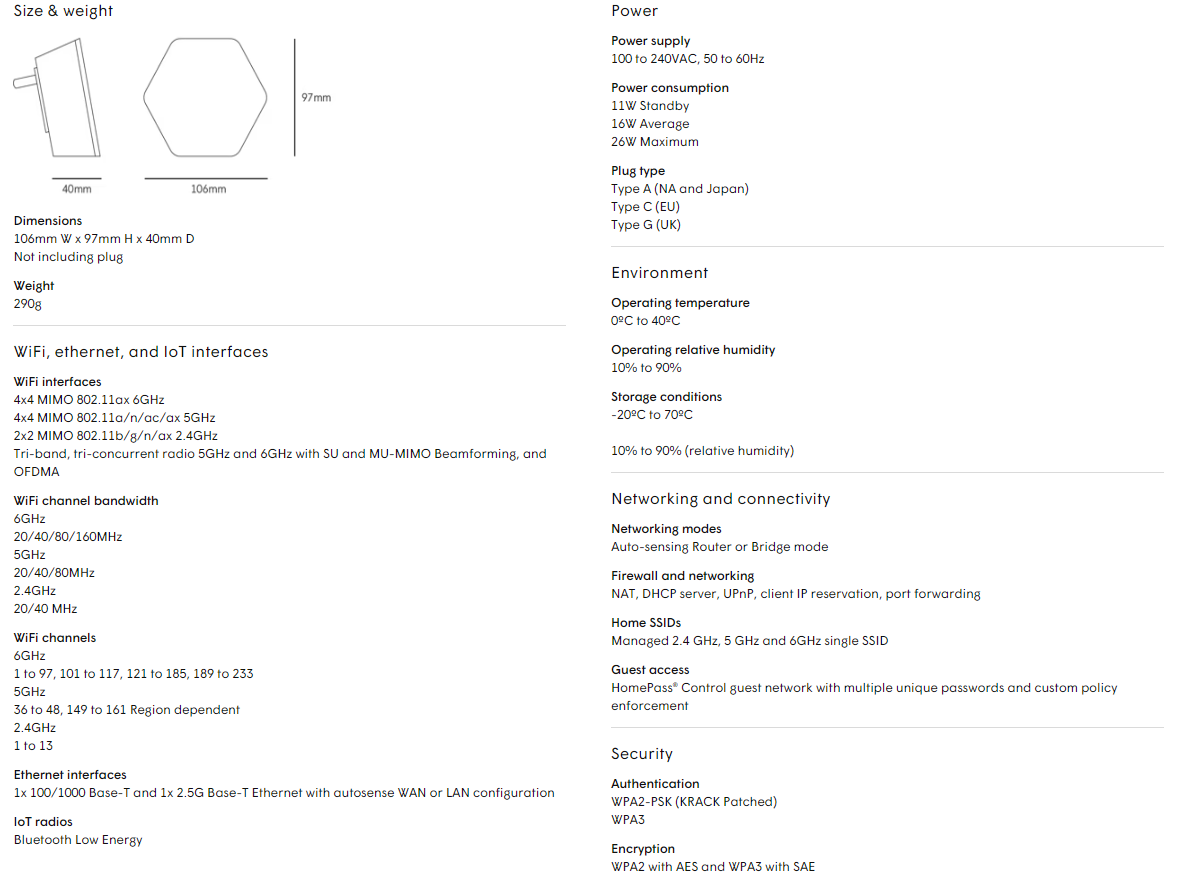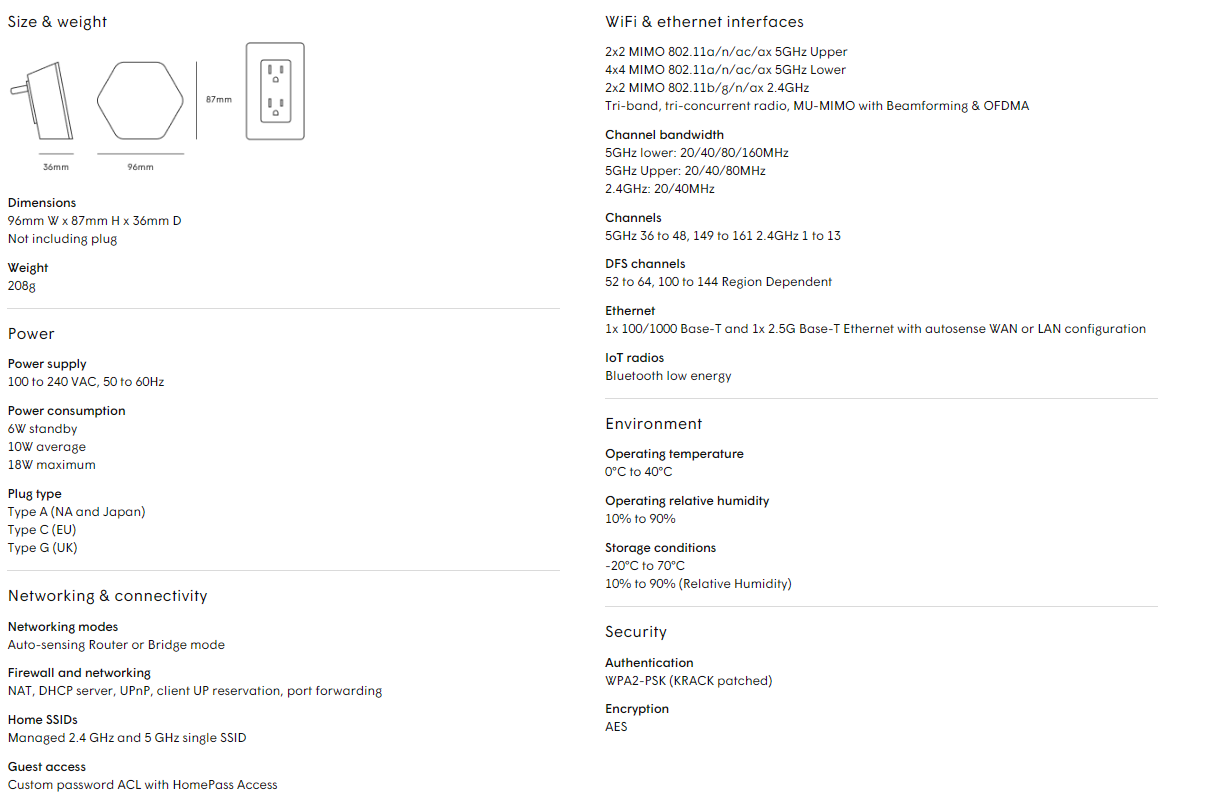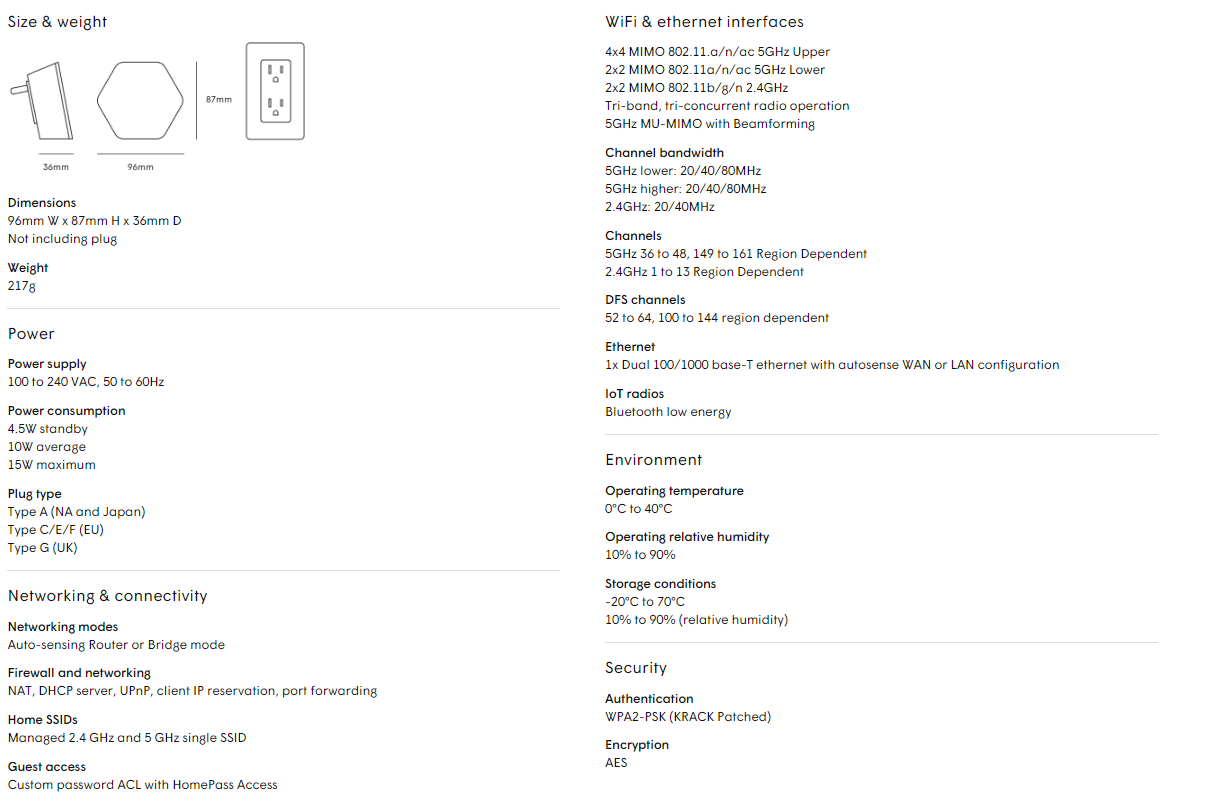Video games are a popular pastime for people across the world. Even if you’ve never played video games, you’ve probably heard of games like Legend of Zelda, Minecraft, FIFA, or Call of Duty. Cybercriminals are taking advantage of the growing popularity of video games by creating scams to steal your sensitive information.
Free Downloads May Contain Malware
Cybercriminals post free downloads of popular video games to lure you in. If you download the file, it may contain malicious files in addition to the game. Most commonly, cybercriminals use malware that allows them to download additional malware on your device without you knowing. Then, they can use this malware to monitor your computer activity and steal your sensitive information, such as your bank information or login credentials.
Cybercriminals Sell Your Digital Items
Downloads aren’t the only way cybercriminals may be targeting you. Many video games allow you to use real money to buy digital credits, which are referred to as “in-game currency.” You can exchange in-game currency for special game items. Cybercriminals target players with high-value items and use techniques such as phishing emails to try to steal your login credentials. If cybercriminals obtain your login credentials, they can send your in-game items to their own accounts. Then, they can auction and sell your items to other players.
What Can I Do to Stay Safe?
Don’t fall for video game scams! Follow the tips below to stay safe:
- Never download files from an unverified source. A file that looks legitimate and runs properly can still contain malware.
- Always think before you click. Cyberattacks are designed to catch you off guard and trigger you to click impulsively so cybercriminals can obtain your sensitive information.
Enable multi-factor authentication (MFA) on your accounts when available. MFA adds a layer of security by requiring that you provide additional verification to log in to your account.
Stop, Look, and Think. Don’t be fooled.









